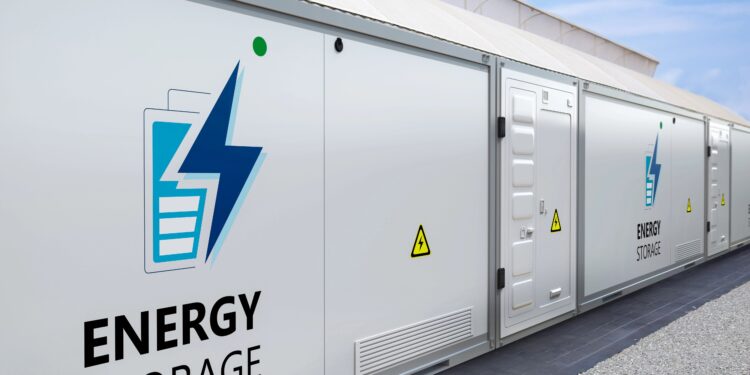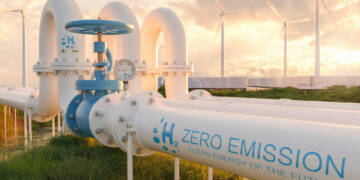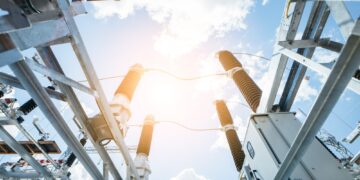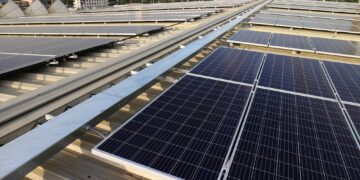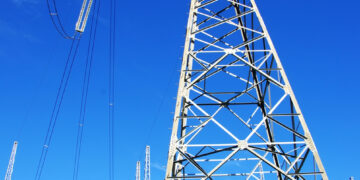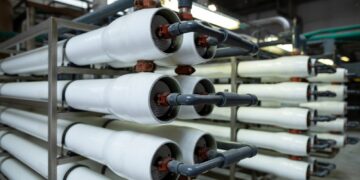As the Middle East intensifies its shift to renewable energy, battery storage is becoming a vital part of its infrastructure. Countries like Saudi Arabia and the United Arab Emirates are investing in large-scale battery projects to improve energy security, cut emissions, and drive new industries.
According to The Future of Battery Market in the Middle East & Africa
, Saudi Arabia plans to expand its battery storage capacity from 22 GWh to 48 GWh by 2030. The Saudi Electricity Company has awarded contracts for 10 GWh of battery energy storage systems in several locations, while a 1.3 GWh off-grid system at the Red Sea Project will support a luxury tourism site entirely with renewable energy.
In the UAE, Masdar is leading a $6 billion project combining 5.2 GW of solar power with 19 GWh of battery storage, aiming to supply 1 GW of continuous clean energy. This initiative stands as one of the world’s most ambitious solar-plus-storage developments, as reported by The Future of Battery Market in the Middle East & Africa
.
Lithium Iron Phosphate (LFP) batteries are increasingly chosen in the region for their safety, durability, and cost-effectiveness, particularly in hot climates. These batteries are being used in electric vehicle fleets and off-grid solar systems, helping the region address both environmental and infrastructure challenges.
With these advancements and supportive government policies, the Middle East is moving from trial projects to large-scale commercial deployment of battery storage, accelerating progress toward net-zero targets.
